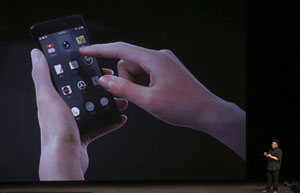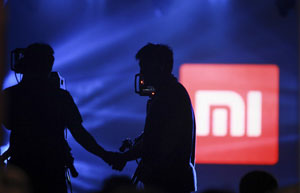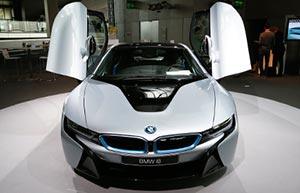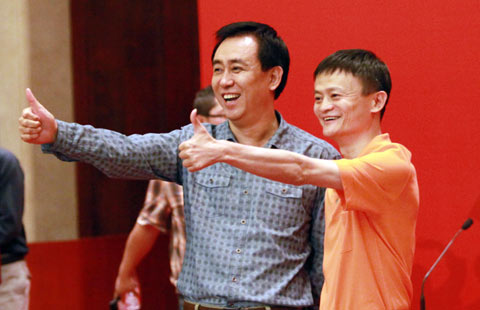TJoy gets little joy from association with Coty
By Shi Jing in Shanghai (China Daily) Updated: 2014-06-06 06:57"Since the acquisition in 2010, TJoy has seen consistent share losses as a result of a lack of continued marketing investment as well as new product innovation," Yu said. "According to previous studies conducted by Kantar Worldpanel and Bain, Chinese shoppers are not loyal to brands, so when TJoy lost touch with consumers, its decline was inevitable.
"In the meantime," he said, "we are seeing the rapid growth of other local brands, such as Pechoin, Inoherb and Herborist, capitalizing on the success of their new product pipelines, especially the China herbal concept, with strong in-store presence and media sponsorship."
Looking at the market, few successful examples emerge of overseas giants acquiring domestic Chinese brands.
French cosmetics giant L'Oreal SA acquired Chinese skin-care brand MiniNurse in 2003. But it turned out to be quite unsuccessful, as the brand is scarcely seen anymore. Alexis Perakis-Valat, CEO of L'Oreal China, admitted in a March interview that MiniNurse's market share is quite "challenging" and definitely not where they want it to be "But L'Oreal is still working on it," he said.
At the end of last year, L'Oreal also announced the acquisition of Hong Kong-listed skin-care company Magic Holdings International Ltd for a sizable $840 million.
But according to first-half earnings reports that Magic Holdings released before it delisted in April, the company's turnover during the period was HK$891 million ($114 million), up 8.48 percent over the corresponding period in the previous year.
It was the first time the company reported single-digit growth since going public. In fact the company's growth rate for fiscal 2012/2013 reached 25.3 percent.
In another example, leading daily products brand Maxam, whose market share was as high as 20 percent in 1990, was acquired by US giant SC Johnson & Son Inc for 12 million yuan ($1.91 million at current rate) in 1991.
Maxam's turnover soon dropped, however, from 300 million yuan in 1991 to 6 million yuan in 1992. It did not recover until Shanghai Jahwa United Co Ltd redeemed it in 1994.
Finally, Beijing Dabao Cosmetics Co Ltd was acquired by Johnson & Johnson for 2.3 billion yuan in 2008. Although the US company updated and optimized its products, Dabao has not seen its market share, which stood at 15.76 percent in 1990, increase significantly since then.
 |
 |
| Smartisan unveils its first smartphone | Xiaomi's tablet aims to challenge Apple's iPad |
- Int'l Auto Industry Fair kicks off in Chongqing
- Firm says it abused market position
- US approves anti-dumping probe of dry containers from China
- Super-rich look abroad in record numbers
- Li wants more local action to boost economic growth
- Blueberries to pack a punch
- Reforms to keep growth on right path
- CBRC official: NPL risks under control

















